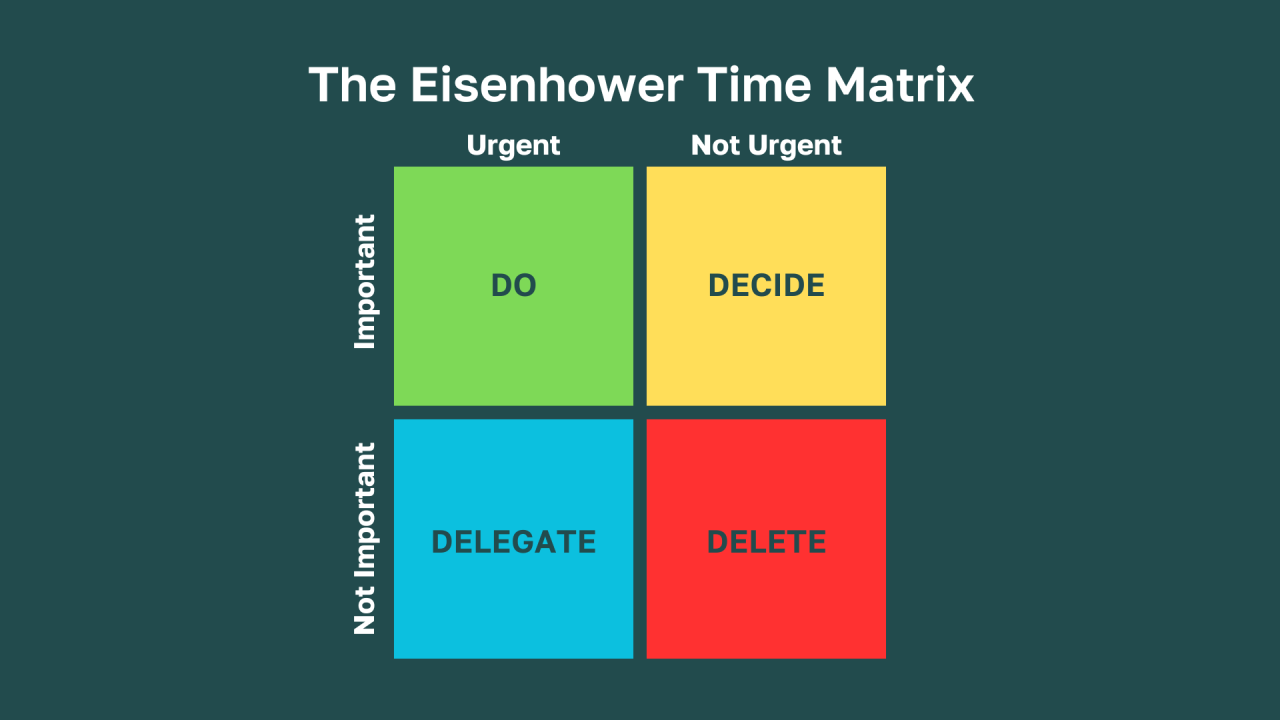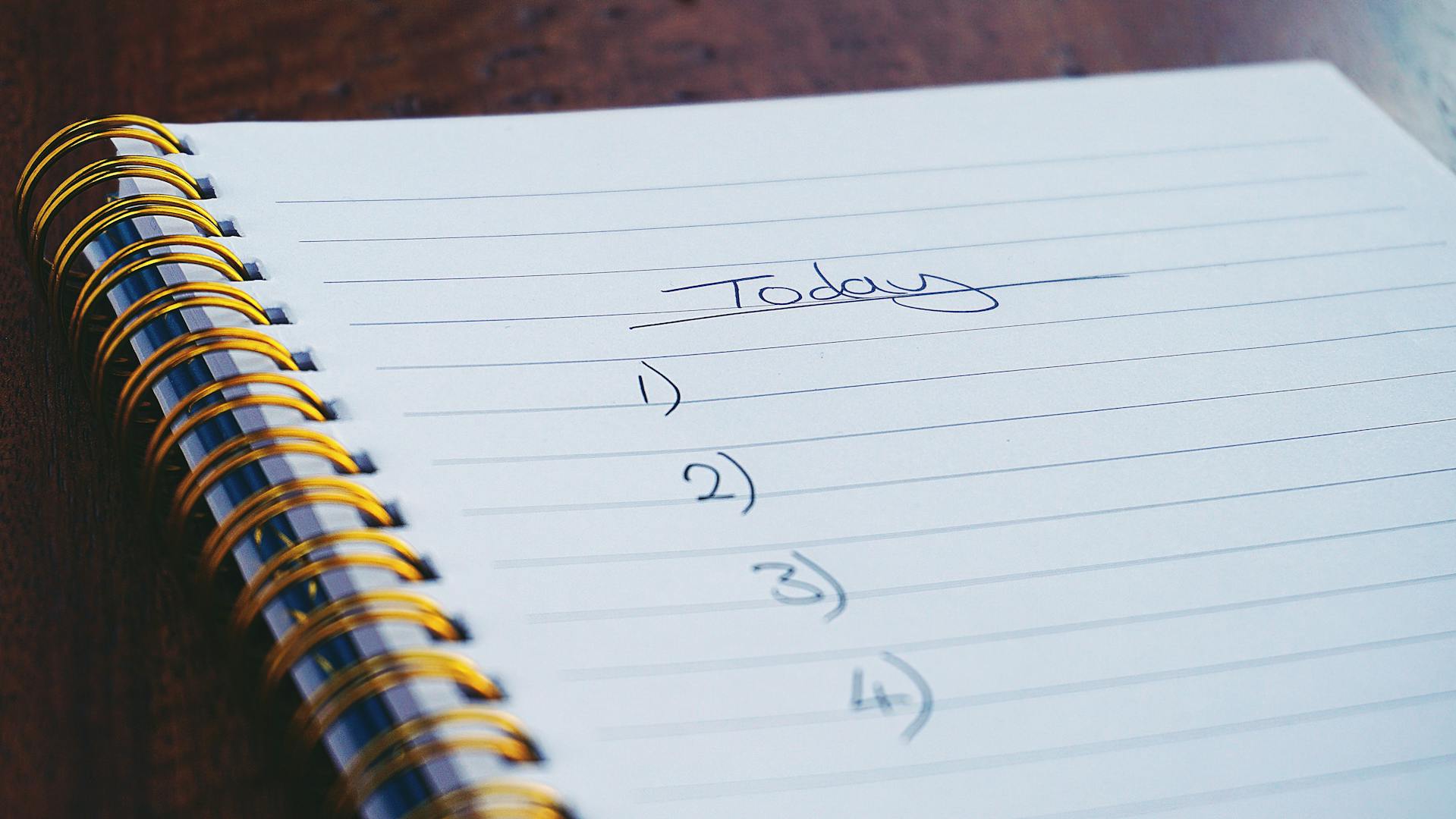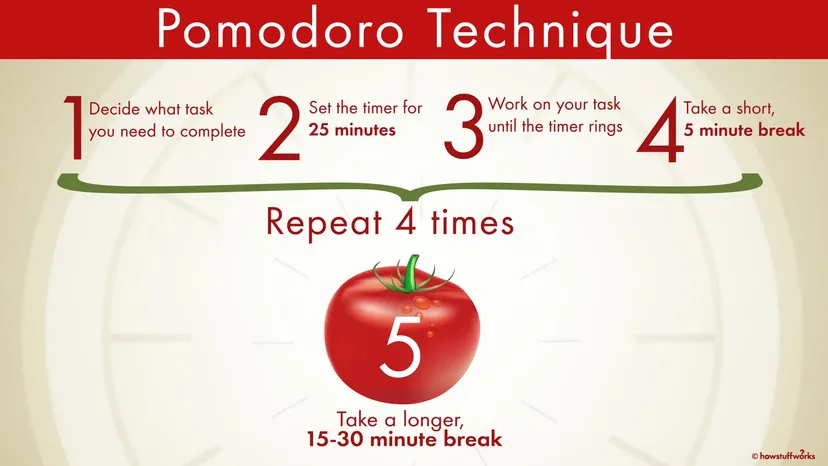Start Saving Time Today with These Helpful Tips

In our fast-paced world, time is one of the most valuable resources. Whether you’re juggling work, family, or personal projects, finding ways to save time and stay productive can be a game-changer. Here are some practical strategies to help you manage your time more effectively and get the most out of your day.
Prioritize Your Tasks
One of the most important aspects of time management is learning to prioritize your tasks. Not all tasks are created equal, and some will have a bigger impact on your goals than others.
The Eisenhower Matrix
- The Eisenhower Matrix, also known as the Urgent-Important Matrix, can help you prioritize tasks by urgency and importance. Divide your tasks into four categories:
- Urgent and Important: Tasks that require immediate attention and have significant consequences if not completed.
- Important but Not Urgent: Tasks that are important for long-term goals but do not require immediate action.
- Urgent but Not Important: Tasks that require immediate attention but are not crucial to your long-term success.
- Neither Urgent nor Important: Tasks that have little impact on your goals and can often be eliminated.

Focus on High-Impact Activities
- Identify the tasks that will have the most significant impact on your goals and focus on completing those first. This ensures that you’re spending your time on activities that truly matter.
Plan and Organize
Proper planning and organization can help you make the most of your time and reduce stress.
Daily and Weekly Planning
- Start your day with a clear plan. Take a few minutes each morning to review your tasks and prioritize them. Similarly, spend some time at the beginning of each week to plan your major activities and goals.
Use a Planner or Digital Tools
- Whether you prefer a physical planner or digital tools, keeping track of your tasks and deadlines is essential. Apps like Todoist, Trello, or Google Calendar can help you organize your schedule and set reminders.
Set Specific Goals
- Clearly defined goals can help you stay focused and motivated. Break down larger projects into smaller, manageable tasks with specific deadlines.

Minimize Distractions
Distractions can significantly hinder your productivity. Here’s how to minimize them:
Create a Dedicated Workspace
- Having a dedicated workspace can help you stay focused and separate work from leisure. Make sure your workspace is comfortable, organized, and free from distractions.
Limit Social Media and Notifications
- Social media and constant notifications can be major time wasters. Set specific times to check your phone and social media, and use tools like Focus@Will or Freedom to block distracting websites during work hours.
Use the Pomodoro Technique
- The Pomodoro Technique involves working for a set amount of time (usually 25 minutes) followed by a short break. This method can help you maintain focus and prevent burnout. After completing four “Pomodoros,” take a longer break to recharge.

Delegate and Automate
You don’t have to do everything yourself. Learning to delegate and automate tasks can save you a significant amount of time.
Delegate Tasks
- Identify tasks that can be handled by others and delegate them. This could involve assigning tasks to colleagues, hiring a virtual assistant, or enlisting the help of family members.
Automate Routine Tasks
- Use technology to automate repetitive tasks. For example:
- Email Filters and Templates: Set up filters to automatically sort your emails and use templates for common responses.
- Bill Payments: Set up automatic bill payments to save time and avoid late fees.
- Task Management: Use apps like Zapier to automate workflows between different apps.
Practice Time-Blocking
Time-blocking is a time management technique that involves scheduling specific blocks of time for different activities.
Schedule Deep Work
- Allocate blocks of time for deep, focused work on important tasks. During these periods, minimize distractions and focus solely on the task at hand.
Include Breaks and Buffer Time
- Schedule regular breaks to rest and recharge. Additionally, include buffer time between tasks to account for unexpected interruptions or delays.
Stick to Your Schedule
- Try to adhere to your time blocks as closely as possible. This helps create a sense of structure and discipline in your day.
Improve Efficiency with Productivity Techniques
Incorporating productivity techniques into your routine can help you work more efficiently.
The Two-Minute Rule
- If a task takes less than two minutes to complete, do it immediately. This prevents small tasks from piling up and overwhelming you.
Batch Similar Tasks
- Group similar tasks together and complete them in one session. For example, set aside specific times for checking emails, making phone calls, or running errands. This reduces the time spent switching between different activities.
The 80/20 Rule (Pareto Principle)
- The Pareto Principle suggests that 80% of your results come from 20% of your efforts. Identify the tasks that yield the most significant results and focus on those.

Maintain Work-Life Balance
Effective time management isn’t just about getting more work done; it’s also about maintaining a healthy work-life balance.
Set Boundaries
- Establish clear boundaries between work and personal time. Avoid checking work emails or taking calls during your personal time unless absolutely necessary.
Prioritize Self-Care
- Make time for self-care activities like exercise, hobbies, and spending time with loved ones. Taking care of your physical and mental health is essential for long-term productivity.
Learn to Say No
- It’s okay to say no to additional tasks or commitments that don’t align with your priorities. This helps you focus on what truly matters and prevents burnout.

Reflect and Adjust
Regular reflection can help you identify what’s working and what needs improvement in your time management approach.
Review Your Progress
- Take time at the end of each day or week to review what you’ve accomplished. Celebrate your successes and identify any areas where you can improve.
Adjust Your Strategies
- Be flexible and willing to adjust your time management strategies as needed. What works for one person may not work for another, so find the methods that suit your lifestyle and goals.
Consistency is Key
Effective time management is all about finding the right strategies that work for you and sticking with them. By prioritizing tasks, planning and organizing, minimizing distractions, delegating and automating, practicing time-blocking, improving efficiency with productivity techniques, maintaining work-life balance, and regularly reflecting and adjusting, you can save time and stay productive. Remember, the goal is not to fill every minute with work but to use your time wisely to achieve a balanced and fulfilling life. Start implementing these tips today, and watch as your productivity and satisfaction soar!







Leave a Reply